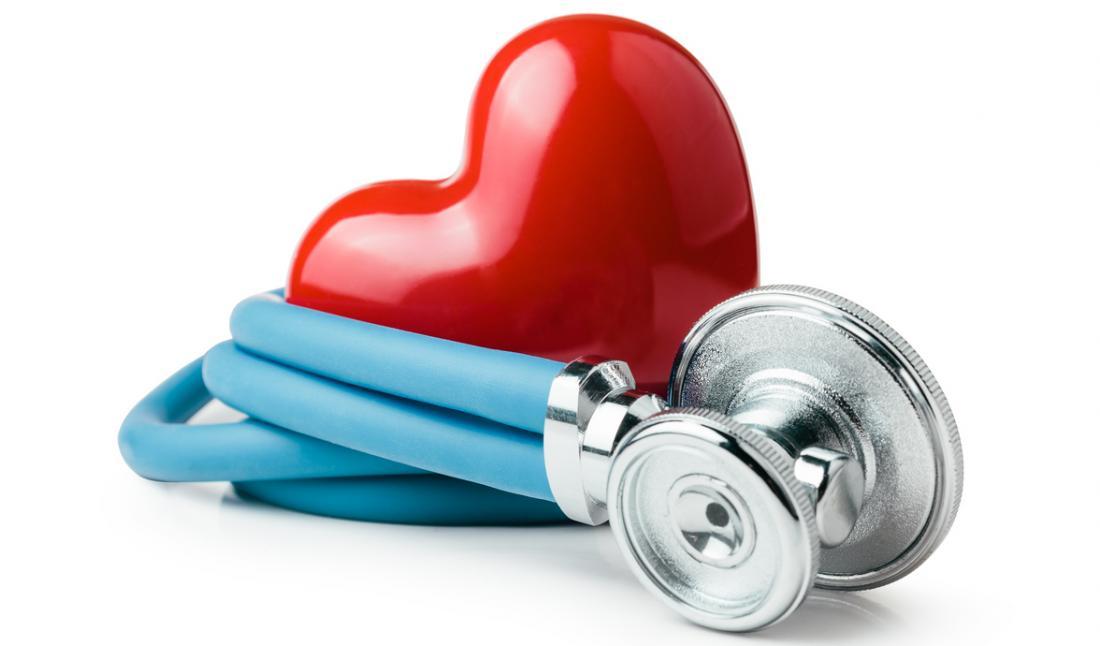




-
782 Views 0 Comments 0 Likes

The rate of hypertension in the US is startling. The majority of people, nearly 20%, do not realize they have this issue since it frequently goes unnoticed.
Most people learn they have hypertension at a regular doctor's appointment. The term high blood pressure is another name for hypertension. It happens when the blood inside your veins is moving with so much force that it starts harming your body and its organs.
The pressure imposed on the artery walls when the heart contracts are represented by the top number, known as the systolic blood pressure, and the pressure exerted when the heart is at rest between beats is represented by the bottom number, known as the diastolic blood pressure.
You could have the following symptoms if you have hypertension:
Here are the top six hypertension facts you should be aware of:
1. Getting adequate sleep helps prevent and control hypertension
The majority of individuals experience a large drop in blood pressure during the deepest period of sleep. Slow-wave sleep is another name for this phase of sleep. Sleep deprivation raises the risk of cardiovascular disease and may result in higher blood pressure during the day.
Even while factors like sleep apnea, insomnia, and advancing age can have a detrimental influence on your sleep habits, there are steps you can take to guarantee a comfortable night of sleep. You may improve your sleep and manage your blood pressure by getting seven to eight hours of sleep each night, following a regular sleep pattern, and being active throughout the day.
2. You shouldn’t ignore white coat high blood pressure
Some people are affected by white-coat high blood pressure. This problem is characterized by your blood pressure getting high when you're in a doctor's office. Regular home blood pressure checks are necessary for this kind of hypertension, as is the use of an ambulatory blood pressure monitor that takes readings every 30 minutes for 24 hours. According to medical professionals, white-coat hypertension increases the risk of chronic hypertension.
3. Hypertension can be caused by other health conditions
A potentially harmful underlying condition may be to blame if you have high blood pressure. If you have hypertension, your medical professional should examine your urine and renal function, do an electrocardiogram to measure the size of your heart, and search for lung issues.
You are more prone to renal disease, aneurysms, peripheral artery disease, and heart attacks when you have elevated blood pressure. Your risk of high blood pressure can be due to chronic conditions such as diabetes, renal disease, sleep apnea, and high cholesterol.
4. Consuming too much salt can increase your risk
A high salt diet can cause water to accumulate inside your body, increasing the strain on your heart and blood vessels. Less than 3/4 teaspoon of salt, or 1,500 milligrams (mg), should be consumed daily by those with high blood pressure.
Those with normal blood pressure should limit their salt intake as well. Eat less processed food because it has the most salt of all foods. The following are some factors that might increase your blood pressure:
5. Lowering systolic blood pressure might be helpful
Your risk of heart disease, heart attack, and stroke can be dramatically reduced by lowering systolic blood pressure. Keep in mind that your individual blood pressure goal is based on your age, lifestyle, risk factors, and current blood pressure level. If your blood pressure is elevated, discuss your goals and how to reach them with your healthcare professional.
6. Blood pressure can be lowered by managing stress
Researchers are presently investigating if there is a direct relationship between blood pressure and stress.
When you are stressed, your body produces more cortisol and adrenaline, two stress hormones. These hormones raise blood pressure, and heart rate, and cause blood vessels to constrict. When you are under chronic stress, your blood pressure rises continuously.
While exercise, yoga, and meditation can all help lower blood pressure, other behaviors such as overeating, poor sleep, smoking, and drinking alcohol all exacerbate stress and contribute to high blood pressure.



